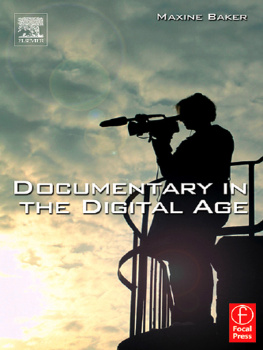Approximation
In our era of fake news, Stella Bruzzi examines the dynamism that results from reusing and reconfiguring raw documentary data (documents, archive, news etc.) in creative ways.
Through a series of individual case studies, this book offers an innovative framework for understanding how, in our century, film and media texts frequently represent reality and negotiate the instabilities of truth by approximating factual events rather than merely representing them, through juxtaposing disparate, often colliding, perspectives of history and factual events. Covering areas such as true crime, politics and media, the book analyses the fluidity and instability of truth, arguing that approximation is more prevalent now in our digital age, and that its conception is a result of viewers accidental or unconscious connections and interventions.
Original and thought-provoking, Approximation provides students and researchers of media, film and cultural studies a deeper insight into our understanding and acceptance of what truth really means today.
Stella Bruzzi is Dean of the Faculty of Arts and Humanities at University College London (UCL) and Fellow of the British Academy. She has published widely in the areas of documentary, costume and masculinity in Hollywood. Her publications include Undressing Cinema: Clothing and Identity in the Movies, New Documentary and Mens Cinema. Approximation is an output from a Leverhulme Major Research Fellowship.
Approximation
Documentary, History and the Staging of Reality
Stella Bruzzi
First published 2020
by Routledge
2 Park Square, Milton Park, Abingdon, Oxon OX14 4RN
and by Routledge
52 Vanderbilt Avenue, New York, NY 10017
Routledge is an imprint of the Taylor & Francis Group, an informa business
2020 Stella Bruzzi
The right of Stella Bruzzi to be identified as author of this work has been asserted by her in accordance with sections 77 and 78 of the Copyright, Designs and Patents Act 1988.
All rights reserved. No part of this book may be reprinted or reproduced or utilised in any form or by any electronic, mechanical, or other means, now known or hereafter invented, including photocopying and recording, or in any information storage or retrieval system, without permission in writing from the publishers.
Trademark notice: Product or corporate names may be trademarks or registered trademarks, and are used only for identification and explanation without intent to infringe.
British Library Cataloguing-in-Publication Data
A catalogue record for this book is available from the British Library
Library of Congress Cataloging-in-Publication Data
Names: Bruzzi, Stella, 1962 author.
Title: Approximation : documentary, history and staging reality / Stella Bruzzi.
Description: London ; New York : Routledge, 2020. | Includes bibliographical references and index.
Identifiers: LCCN 2019056710 (print) | LCCN 2019056711 (ebook)
Subjects: LCSH: Documentary mass media. | Truthfulness and falsehood. | Representation (Philosophy) | Mass mediaPsychological aspects. | Mass mediaPhilosophy.
Classification: LCC P96.D62 B78 2020 (print) | LCC P96.D62 (ebook) | DDC 070.1dc23
LC record available at https://lccn.loc.gov/2019056710
LC ebook record available at https://lccn.loc.gov/2019056711
ISBN: 978-0-415-68832-1 (hbk)
ISBN: 978-0-415-68835-2 (pbk)
ISBN: 978-0-203-12948-7 (ebk)
Typeset in Bembo
by Apex CoVantage, LLC
Approximation has been with me for a number of years, from the chilly morning at the end of a tiring Autumn Term at Warwick, when I opened the letter from the Leverhulme Trust congratulating me on being one of that years crop of Major Research Fellows (one of four in that round won by Warwick, of which I as Chair of Faculty at the time was immeasurably proud, although much credit goes to Liese Perrin, our outstanding research development manager). I am hugely grateful to the Leverhulme Trust for giving me two years research leave to formulate Approximation, to finally visit Dealey Plaza in Dallas which, since my conspiratorial teenage years, had been an imaginative obsession; to visit Washington DC and Boston and to write. As part of the review process I was undoubtedly helped by the kind assessments of my two reviewers, John Corner and John Izod, to whom I owe sincere and belated thanks for their enthusiasm and for their constructive and perspicacious comments. Thank you also to Routledge, and in particular my editor, Natalie Foster, not only for her patience but also for her unwavering support; my debt over the years to her and to Routledge is considerable the publicity poster for Undressing Cinema still hangs on my office wall!
This book started life during my ten years as a member of Warwicks Department of Film and Television Studies. Thank you to Charlotte Brunsdon, my wise next door neighbour, to Tracey McVey, who kept us all sane, to my heads of department Jon Burrows, Catherine Constable and Alastair Phillips and to all my other brilliant colleagues. Thanks also to the Leverhulme Trust for bringing us Karl Schoonover to cover my absence, not only an outstanding scholar but now a dear friend. It was also such a pleasure to teach the topics of documentary re-enactment, representations of history and other areas covered in the pages that follow. My research is always incalculably enriched by my teaching, so I am immensely grateful to the classes of 2014, 2015 and 2016, especially my Third Year classes on Re-enactment your enthusiastic voices are in this book.
In 2017, I became Dean of Arts and Humanities at UCL, which halted progress until I became an absentee landlady and carved out a terms sabbatical. Ive since learnt that a concerned colleague in Mechanical Engineering saw me on the bus in Oxford and wondered if Id been issued with my P45; I am eternally grateful to UCL for not letting me go, but instead letting me go off and write, and Id like to thank all my colleagues, especially the faculty staff who did so much more than merely keep the show on the road while I assumed my post in the Bodleian Library: John Mullan, interim Dean sans pareil, Dania Herrera, Katie Canada, Julie Smith, Arne Hofmann and everybody else who supported them. Im also indebted to Anthony Smith, the most supportive of line managers, and to our President and Provost Michael Arthur.
An academics life can be charted through their books and the relationships that made them possible. I extend warmest thanks to all my friends with whom Ive shared fun and scholarship, but especially to those who helped me get over the finish line with Approximation: Daniela Berghahn, who read a draft of my Introduction and asked me all the right questions; Ingrid de Smet, also one of my Leverhulme Major Research Fellowship round; Pamela Church Gibson, who will now tempt me back to costume and dcor; Jackie Jarvis, who endearingly refers to my summer of writing as my time off; and, last but not least, to Beth Millward, my theatre-going companion of some 30 years!
I am grateful too to the filmmakers who shared their work with me: to Jasper Rigole, for giving me a DVD of Paradise Recollected and supplying stills from the film; to Milo Rau, Carey Young and Marc Isaacs for granting me access to their documentaries via Vimeo. And thanks to John Keane for granting Routledge permission to use Comedy Ballistics on the cover. And thanks to Denise Hansen for her work on the Index.

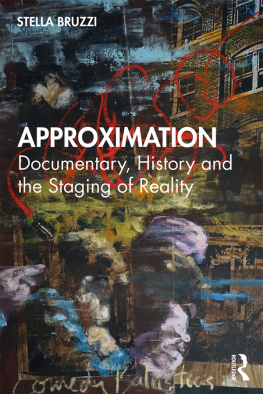
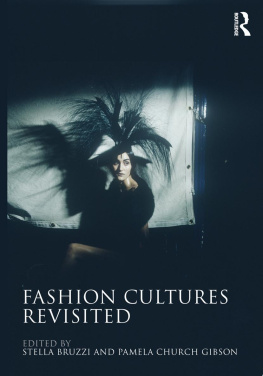

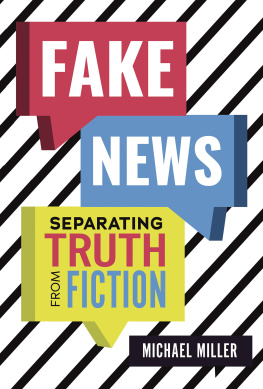
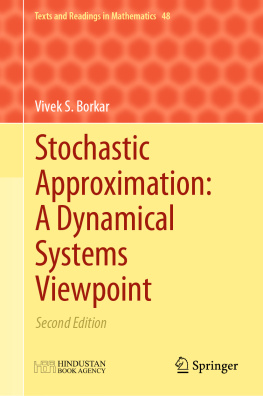
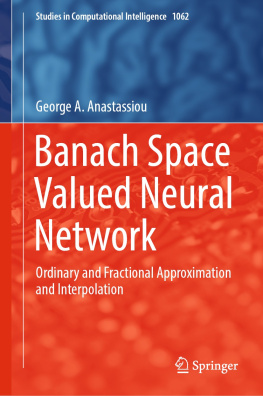
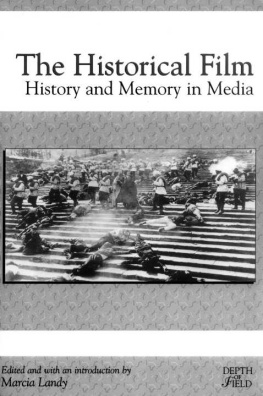
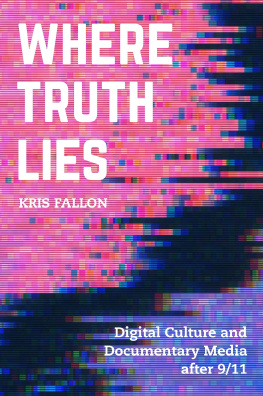
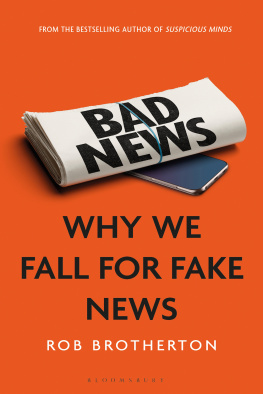
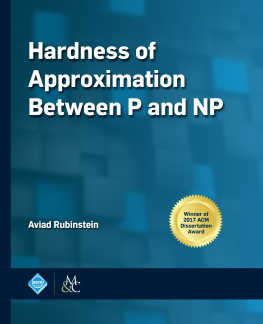
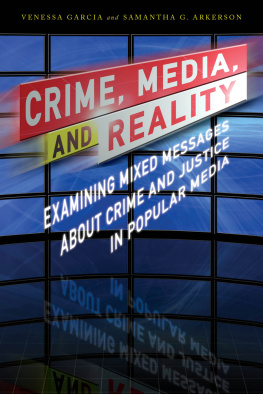
![Greenwald Robert - Outfoxed : [Rupert Murdochs war on journalism]](/uploads/posts/book/99754/thumbs/greenwald-robert-outfoxed-rupert-murdoch-s-war.jpg)
